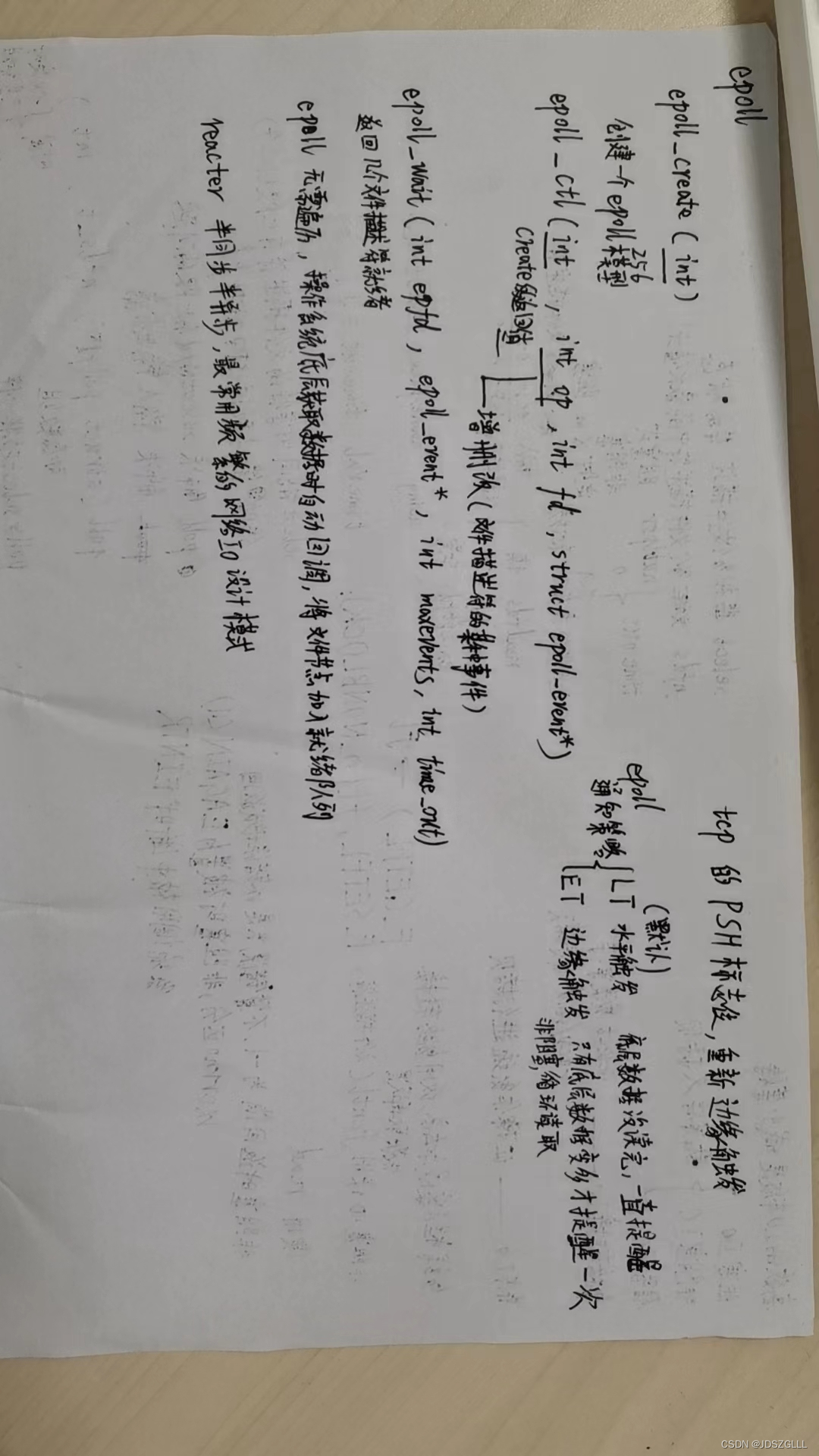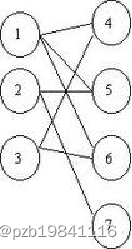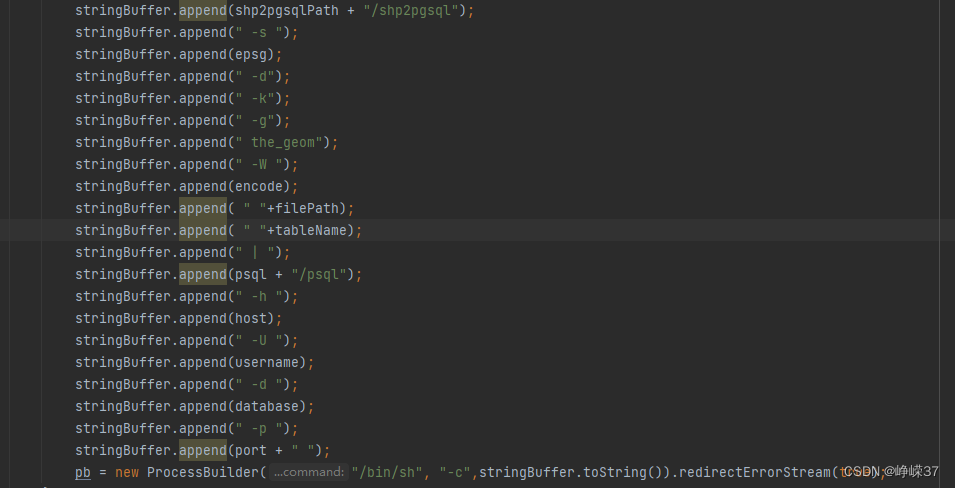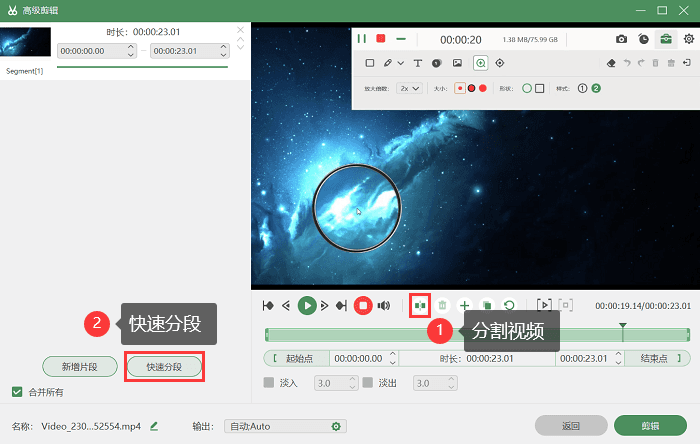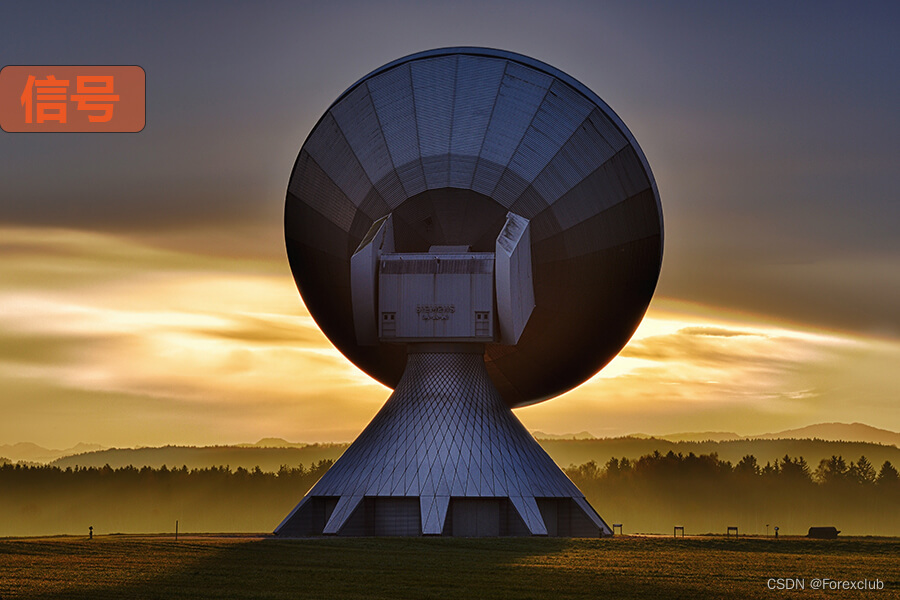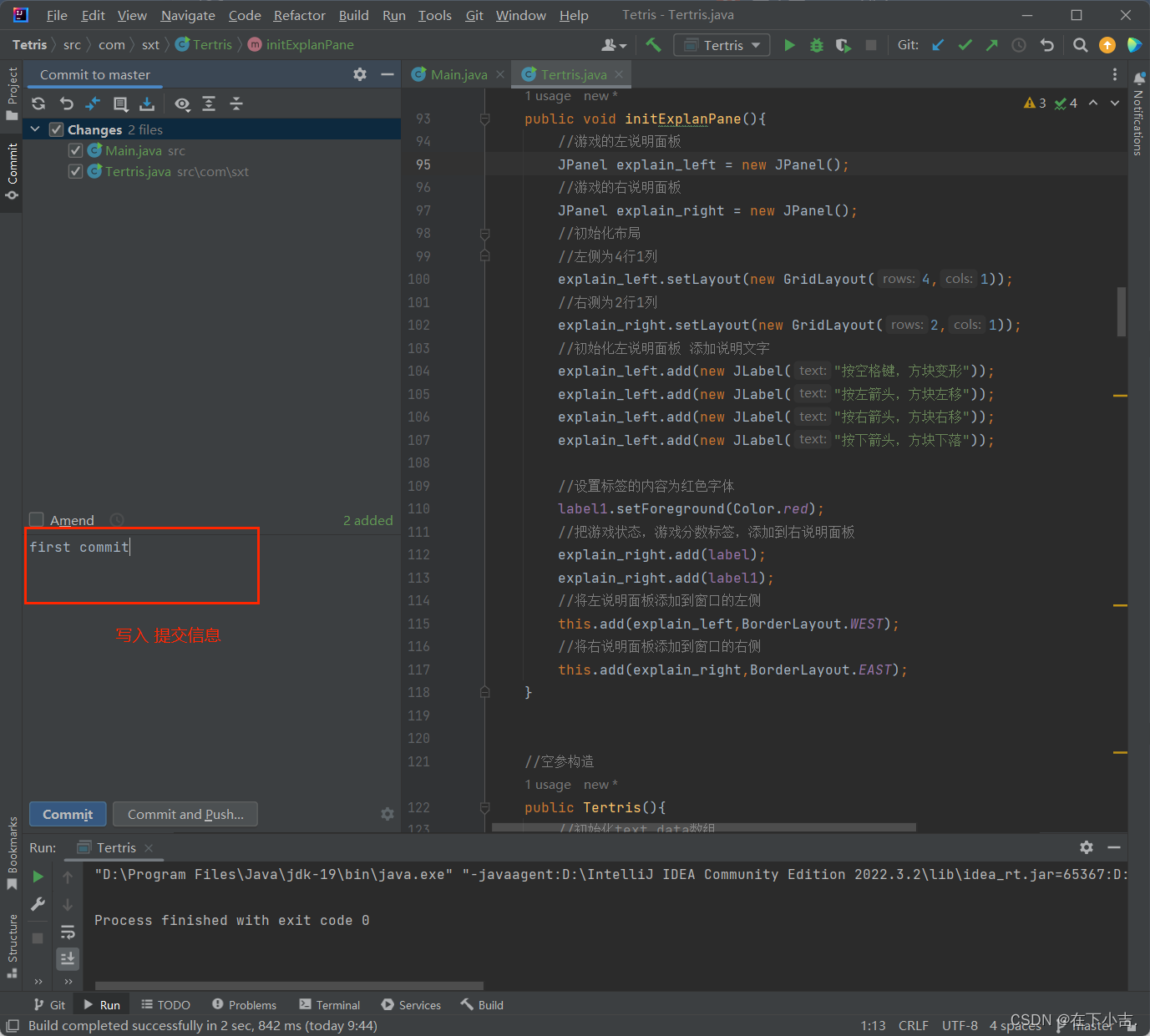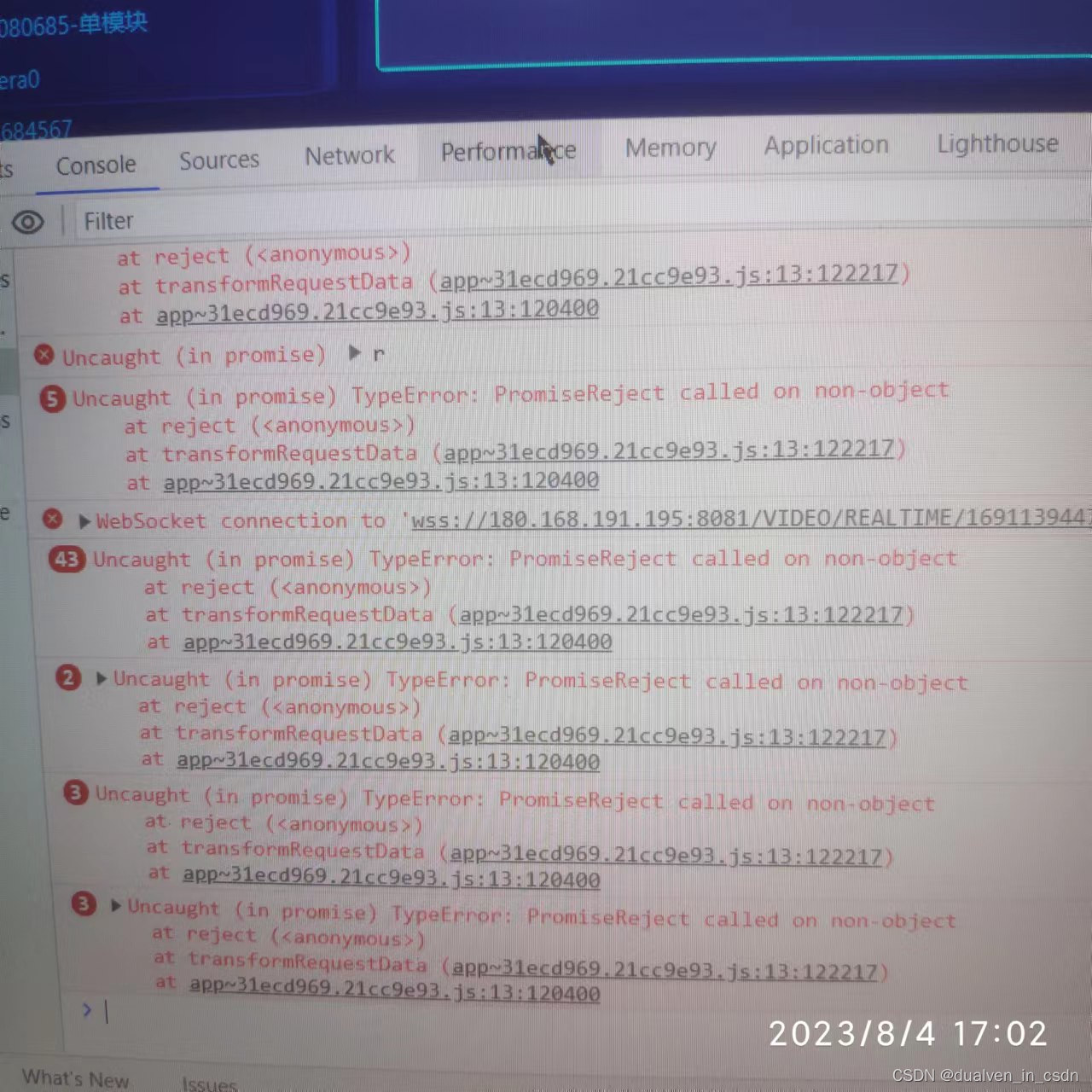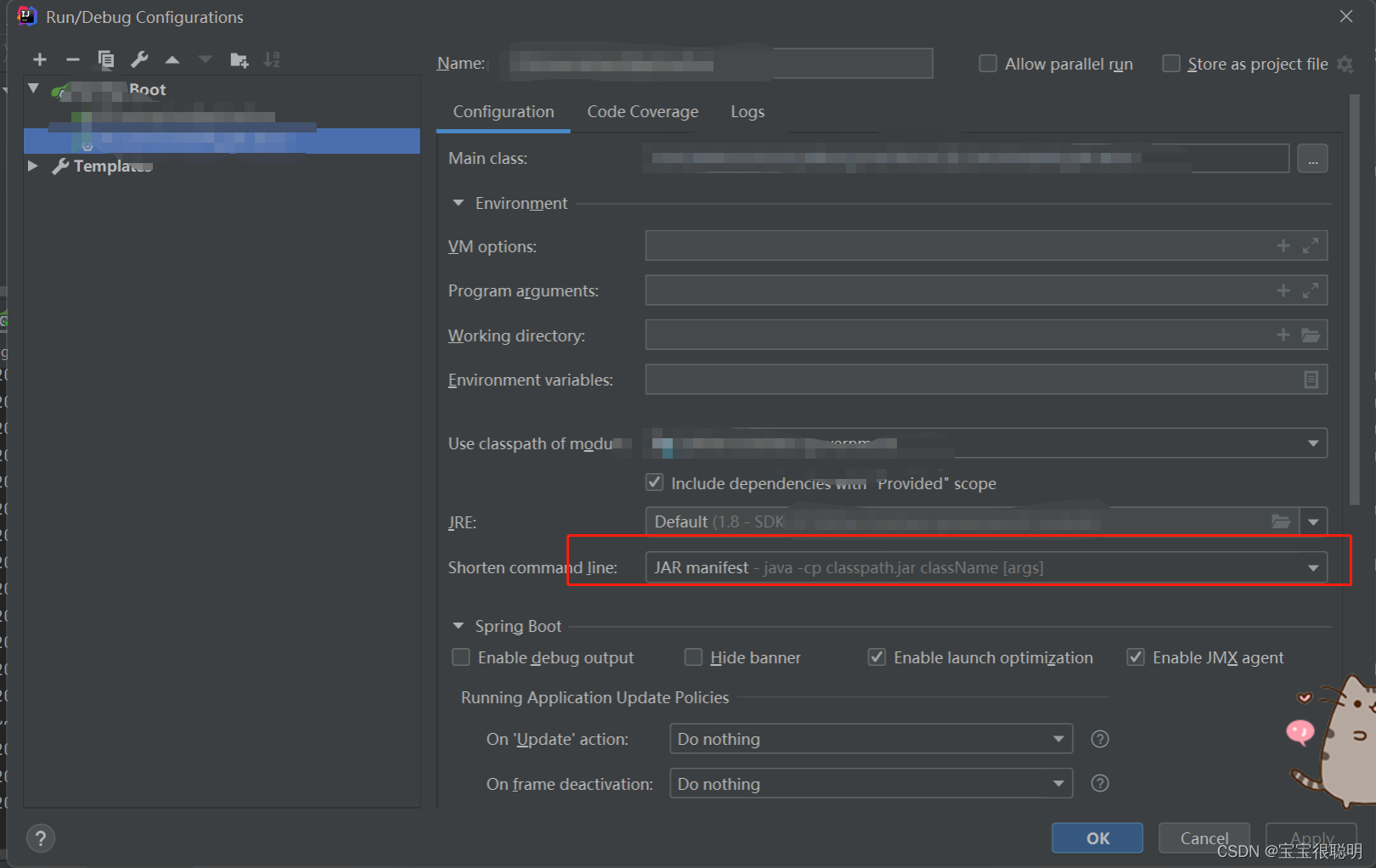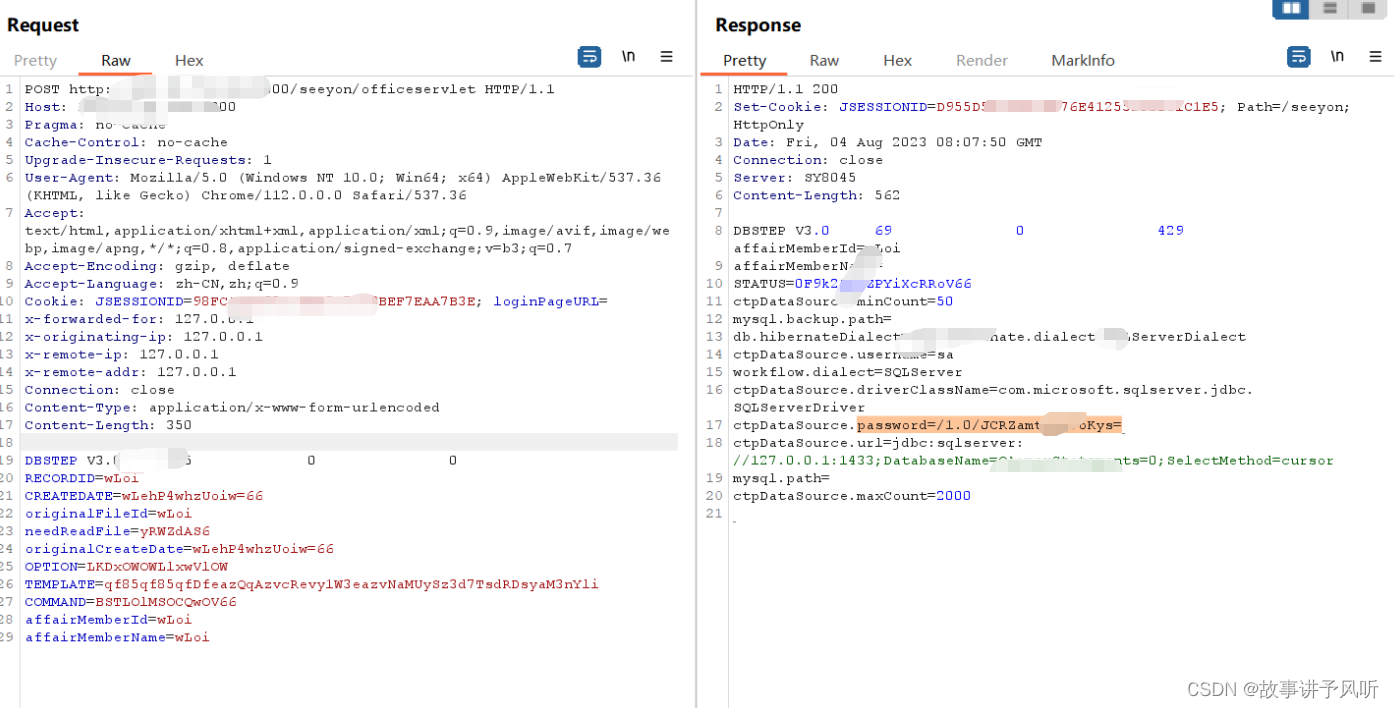根据c++高性能多进程 cuda编程:GPU结构和通信速度+tiling的分析,依靠pytorch的JIT进行了实现,所以在安装pytorch的环境中,直接执行test.py就能直接运行。
- 代码结构如下,地址

mm.h
void function_mm(float *c,
const float *a,
const float *b,
int n);
void function_mm_tiled(float *c,
const float *a,
const float *b,
int n);
mm_kernel.cu
__global__ void matrixMul(float* c,
const float* a,
const float* b,
int n) {// C_gpu,A_gpu,B_gpu,K
float accu = 0;
int i = blockIdx.y * blockDim.y + threadIdx.y; // Row i of matrix C
int j = blockIdx.x * blockDim.x + threadIdx.x; // Column j of matrix C
for (int k=0; k < n; k++) {
accu = accu+ a[i*32+k] *b[k*32+j];// accu+ a[i,k] *b[k,j];warning: #174-D: expression has no effect
}
c[i*32+j] = accu;
}
void function_mm(float* c,
const float* a,
const float* b,
int n) {
dim3 dimBlock(16, 16);
dim3 dimGrid(32/dimBlock.x, 32/dimBlock.y);
matrixMul<<<dimGrid, dimBlock>>>(c, a, b,n);
}
#define Tile_size 16 // https://github.com/yogesh-desai/TiledMatrixMultiplicationInCUDA/blob/master/Tiled_Mat_Mult.cu
__global__ void matrixMultiplyShared(const float * A, const float * B, float * C,
int numARows, int numAColumns,
int numBRows, int numBColumns,
int numCRows, int numCColumns)
{
__shared__ float sA[Tile_size][Tile_size]; // Tile size to store elements in shared memory
__shared__ float sB[Tile_size][Tile_size];
int Row = blockDim.y*blockIdx.y + threadIdx.y; //To generate ids of threads.
int Col = blockDim.x*blockIdx.x + threadIdx.x;
float Cvalue = 0.0;
sA[threadIdx.y][threadIdx.x] = 0.0;
sB[threadIdx.y][threadIdx.x] = 0.0;
for (int k = 0; k < (((numAColumns - 1)/ Tile_size) + 1); k++)
{
if ( (Row < numARows) && (threadIdx.x + (k*Tile_size)) < numAColumns)//Copy Data to Tile from Matrix (Global Memory to Shared Memory)
{
sA[threadIdx.y][threadIdx.x] = A[(Row*numAColumns) + threadIdx.x + (k*Tile_size)];
}
else
{
sA[threadIdx.y][threadIdx.x] = 0.0;
}
if ( Col < numBColumns && (threadIdx.y + k*Tile_size) < numBRows)//Copy Data to Tile from Matrix (Global Memory to Shared Memory)
{
sB[threadIdx.y][threadIdx.x] = B[(threadIdx.y + k*Tile_size)*numBColumns + Col];
}
else
{
sB[threadIdx.y][threadIdx.x] = 0.0;
}
__syncthreads();
for (int j = 0; j < Tile_size; ++j)//Multiplying Elements present in tile
{
Cvalue += sA[threadIdx.y][j] * sB[j][threadIdx.x];
}
}
if (Row < numCRows && Col < numCColumns)//Saving Final result into Matrix C
{
C[Row*numCColumns + Col] = Cvalue;
}
}
void function_mm_tiled(float* c,
const float* a,
const float* b,
int n) {
dim3 dimBlock(16, 16);
dim3 dimGrid(32/dimBlock.x, 32/dimBlock.y);
matrixMultiplyShared<<<dimGrid, dimBlock>>>( a, b,c,n,n,n,n,n,n);
}
add_mm.cpp
#include <torch/extension.h>
#include "mm.h"
void torch_launch_mm(torch::Tensor &c,
const torch::Tensor &a,
const torch::Tensor &b,
int64_t n) {
function_mm((float *)c.data_ptr(),
(const float *)a.data_ptr(),
(const float *)b.data_ptr(),
n);
}
void torch_launch_mm_tiled(torch::Tensor &c,
const torch::Tensor &a,
const torch::Tensor &b,
int64_t n) {
function_mm_tiled((float *)c.data_ptr(),
(const float *)a.data_ptr(),
(const float *)b.data_ptr(),
n);
}
PYBIND11_MODULE(TORCH_EXTENSION_NAME, m) {
m.def("torch_launch_mm",
&torch_launch_mm,
"torch_launch_mm:normal mm");
m.def("torch_launch_mm_tiled",
&torch_launch_mm_tiled,
"torch_launch_mm_tiled : in shared memory");
}
// https://github1s.com/pytorch/pytorch/blob/HEAD/torch/library.h#L875-L906
// TORCH_LIBRARY(ops_namespace_name, m) { // https://zhuanlan.zhihu.com/p/466043104
// m.def("torch_launch_mm", torch_launch_mm);
// }
// TORCH_LIBRARY(ops_namespace_name, m) {
// m.def("torch_launch_mm_tiled", torch_launch_mm_tiled);
// }
test.py
import argparse
import numpy as np
import torch
from torch import nn
from torch.autograd import Function
from torch.utils.cpp_extension import load # https://pytorch.org/docs/master/cpp_extension.html
cuda_module = load(name="MM", # MM
extra_include_paths=["include"],
sources=["add_mm.cpp", "kernel/mm_kernel.cu"],
verbose=True)
n = 32
a = torch.eye(n=32).to(device="cuda:0")
b = torch.eye(n=32).to(device="cuda:0")
c = torch.zeros(size = (32,32)).to(device="cuda:0")
print("BEFORE ...",c)
output = cuda_module.torch_launch_mm(c, a, b, n)
print("AFTER ...",c)
# if a = torch.Tensor(n) will get the sub errors :
# File "pytorch/train.py", line 34, in <module>
# print(c)
# File "/opt/conda/lib/python3.8/site-packages/torch/_tensor.py", line 338, in __repr__
# return torch._tensor_str._str(self)
# File "/opt/conda/lib/python3.8/site-packages/torch/_tensor_str.py", line 439, in _str
# return _str_intern(self)
# File "/opt/conda/lib/python3.8/site-packages/torch/_tensor_str.py", line 414, in _str_intern
# tensor_str = _tensor_str(self, indent)
# File "/opt/conda/lib/python3.8/site-packages/torch/_tensor_str.py", line 264, in _tensor_str
# formatter = _Formatter(get_summarized_data(self) if summarize else self)
# File "/opt/conda/lib/python3.8/site-packages/torch/_tensor_str.py", line 100, in __init__
# nonzero_finite_vals = torch.masked_select(tensor_view, torch.isfinite(tensor_view) & tensor_view.ne(0))
# RuntimeError: CUDA error: an illegal memory access was encountered
# CUDA kernel errors might be asynchronously reported at some other API call,so the stacktrace below might be incorrect.
# For debugging consider passing CUDA_LAUNCH_BLOCKING=1.
CG
- https://github.com/pytorch/pytorch/blob/main/test/test_cpp_extensions_jit.py




